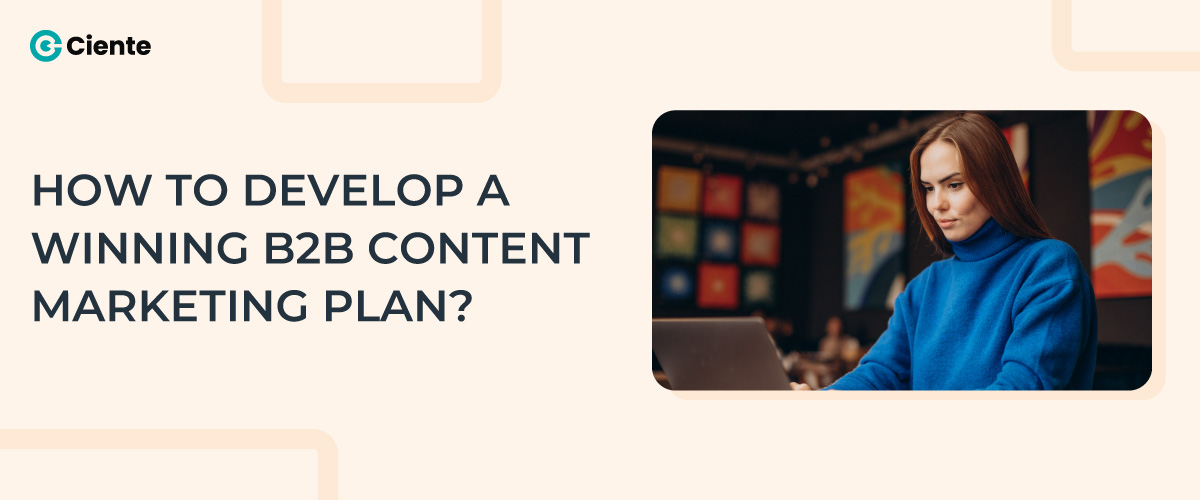
How to Develop a Winning B2B Content Marketing Plan?
There’s a stark difference between a marketing strategy that generates

There’s a stark difference between a marketing strategy that generates
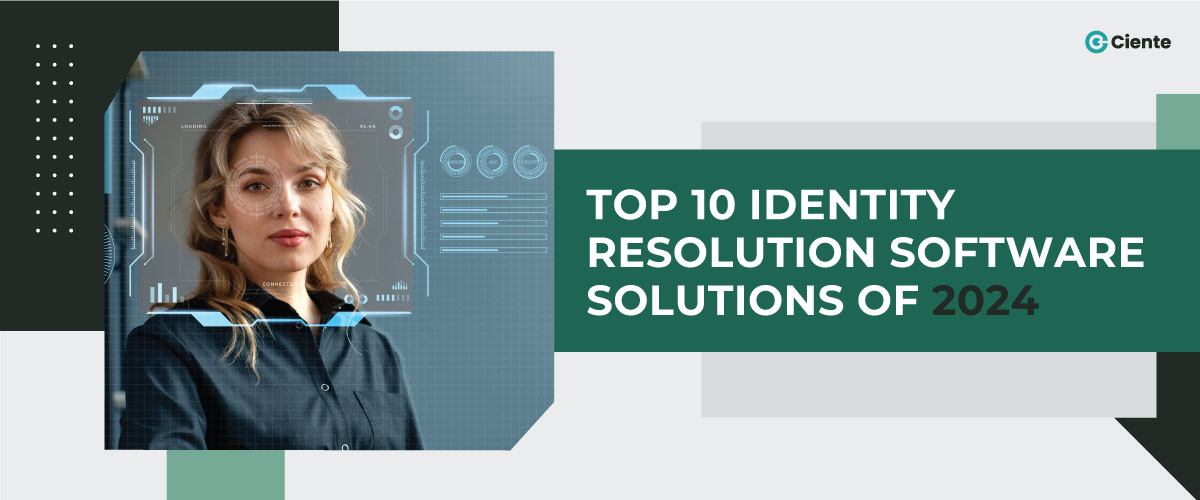
Meeting customer expectations is necessary to accelerate growth. How can

Event marketing combines planning, execution, and promotion to achieve business
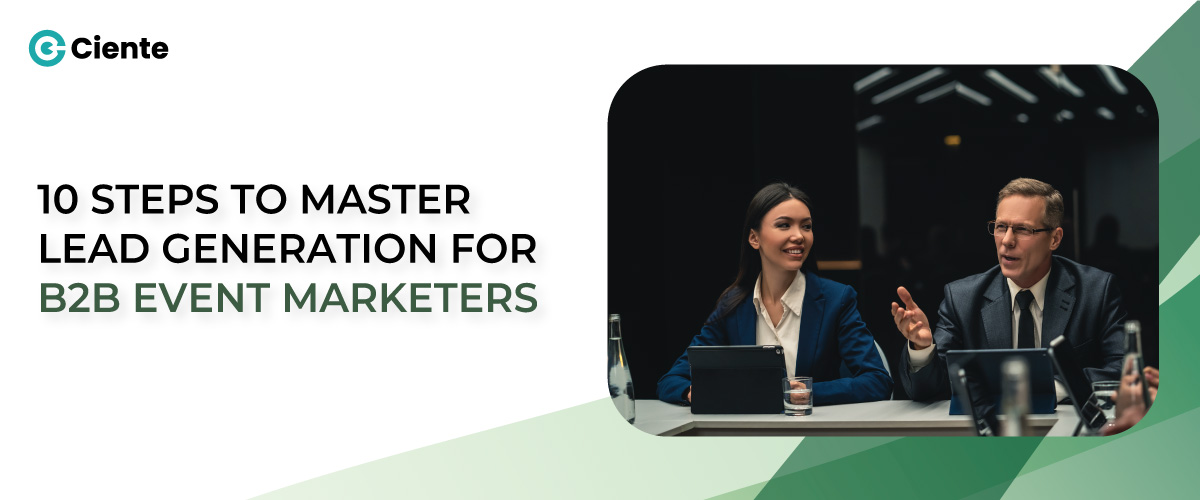
Whether you are hosting a virtual or an in-person event,
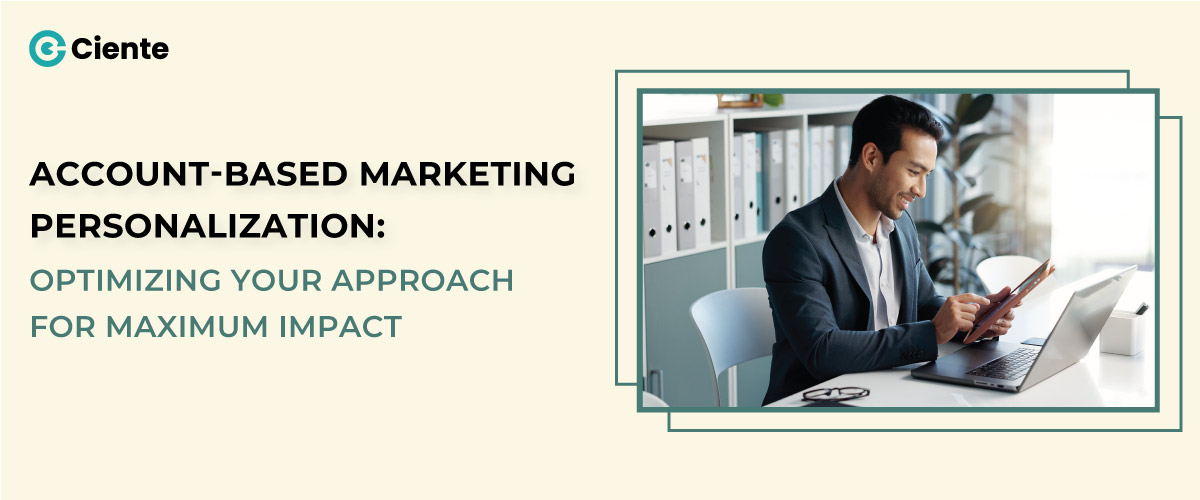
Account-based marketing is your way to reach your prospects. How
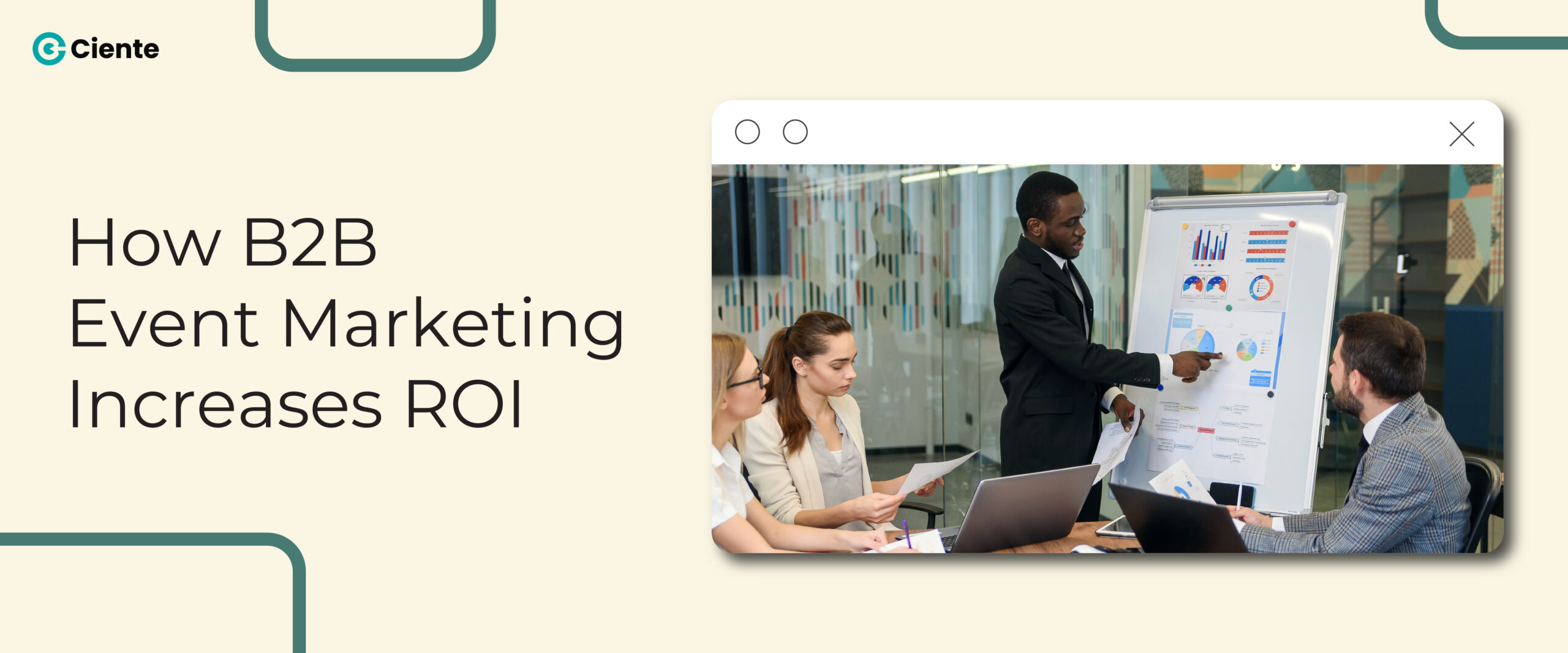
Event marketing continues to evolve – what works today will be